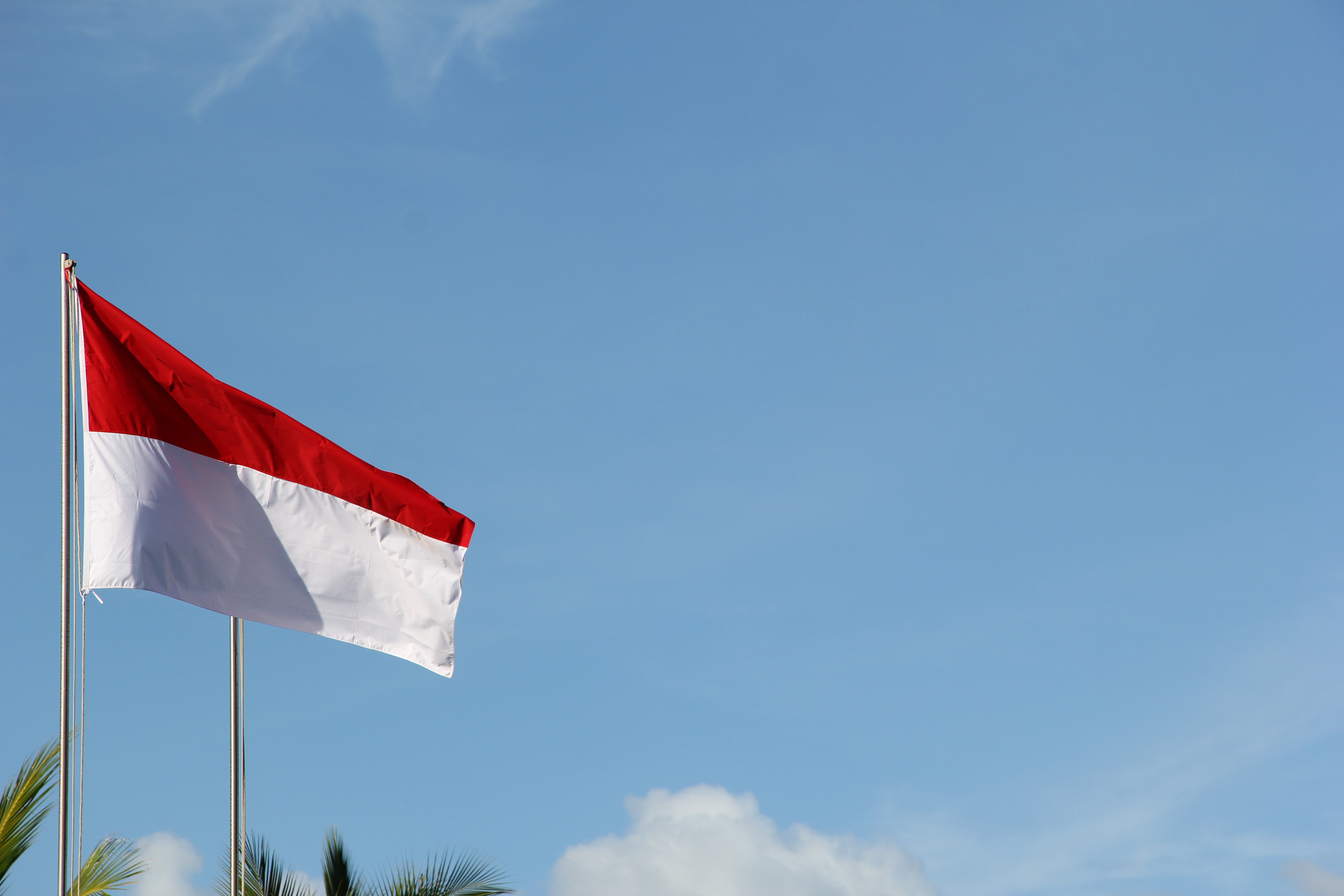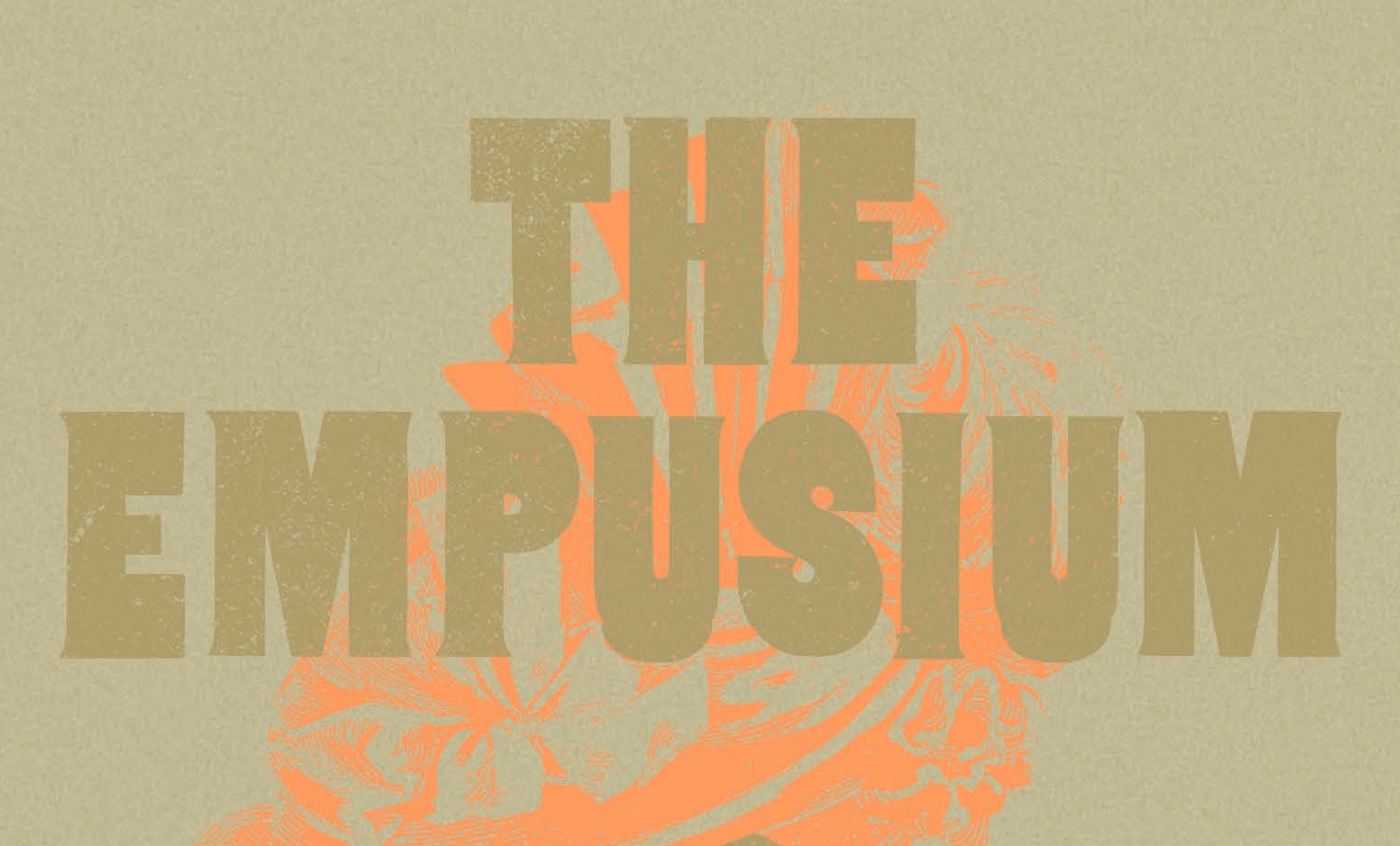Books & Culture
Why Are Indonesians Being Erased from Indonesian Literature?
What we lose when Indonesian writing is evaluated according to Anglophone preferences

When I entered the world of Indonesian literary translation several years ago, I was blissfully unaware of how dysfunctional it was. (Nor did I suspect that I would eventually become so troubled by its colonialistic aspects that I would write a controversial and impassioned Tweet thread on the subject.) What I’ve found, though, is that unequal power dynamics are determining how literature from Indonesia is being curated for consumption by the English-speaking world. The problem is systemic, evident in the condescending attitudes of Anglophone publishers and advocates of Indonesian fiction and poetry—and also which authors get to regularly represent Indonesia on the international stage.
A bit about myself: I am of Chinese-Indonesian descent, but only lived in Indonesia from the age of 9 to 15 (the rest of my childhood was spent in Singapore although I was born in the U.S.). I grew up hearing Indonesian spoken around me and though I occasionally used it myself, I only began making concerted efforts to improve my language abilities during graduate school by taking classes and reading Indonesian fiction.
I was driven by a desire to connect with a part of my heritage that my family, for their own reasons, had discouraged me from cultivating. I moved from being a reader of Indonesian literature to researching it as an academic before becoming a full-time writer and translator. Ever since, I have become increasingly horrified at the multiple layers of gatekeeping that distort the Western world’s impression of Indonesian writing. I attempt a partial exposure here to help with efforts to solve the problem—not only in the context of Indonesia, but also other countries that may be facing the same issues.
“Publishers Aren’t Looking For You.”
Does this book travel well? This question is maddeningly familiar to those operating in international writing and publishing networks. The variations of this question include: Can this story cross cultures? Will readers be able to relate? Is there too much historical and cultural detail for the reader to process? Publishers don’t mean that they are looking for “un-foreign” foreign work. Rather, foreign work needs to be foreign in familiar ways—exotic enough to give the reader satisfaction about foraying into another country or culture without overwhelming or alienating them. It’s like crafting the perfect tourist experience. Unfamiliar yet comfortable. Orientalizing, not disorienting. This is why once a few authors from a particular country win over the English-speaking market, other authors may follow suit: their subject matter has become more known and therefore more palatable.
If prodded, individuals in the publishing industry may be apologetic. They may acknowledge it’s unfair that Western readers get to be so finicky when the rest of the world (including Indonesia) readily consumes whatever books are taking the English-speaking world by storm. Nevertheless the expectation that the rest of the world cater to Anglophone tastes remains in place, informing the assessments of even those who earnestly profess to be seeking content from other countries. As a recent Guardian article has observed, English is colonizing the planet, which is also why getting the attention of the English-speaking market is key to global literary success.
Indonesia’s literature is no exception to the rule, subject to the same concerns about works “traveling well” even as they remain recognizably foreign. I was once asked to recommend a work to a publisher—something “classic” and “universal” was the stated preference. These terms are code for the question, Can the Western reader relate? I’ve also been asked to assess whether a novel “would speak across cultures” and whether its cultural and historical details would prove too challenging for readers.
Conversely, works have to be sufficiently “Indonesian” to excite interest. I found out from two friends who co-translated a short-story collection that a UK press rejected it for not engaging deeply enough with Indonesian political and social issues. As one longtime publisher and translator has baldly stated in a Jakarta Post interview: “Publishers aren’t looking for you, they’re looking for Indonesia.”
The parochialism of the Anglophone publishing industry also means that it is unwilling to trust the judgment of Indonesians concerning their own writers. While a positive reception back home may certainly earn an author’s work a closer look, they won’t ultimately compel an editor to accept a work for publication. This effectively means that Indonesian authors have to pass through two stages of screening to find a publisher abroad: one on its home turf, followed by another in which any accolades or rave reviews garnered may be discounted, or worse, contradicted.
I’ve received rejections from editors at anthologies and literary magazines, some of them supposedly eager to receive Indonesian submissions, who have dismissed short stories using language that suggests the works fall short of some objective non-culturally-specific literary standard—despite the fact that the same stories, among Indonesian readers, have garnered recognition and praise. For example, one journal expressed “concerns about the structure of the story”; another piece was deemed well-translated but “a bit muddled” with regards to its handling of time. The same two friends I mention above received in their rejection letter the remark that the writing “wasn’t arresting enough,” despite the fact that the author in question is widely considered one of the nation’s greatest revolutionary-era writers.
In short, Indonesian literature undergoes a transformation when it moves beyond its country’s borders. Beloved, acclaimed, or influential at home, the same literary text may be dismissed, even denigrated, by Western arbiters of taste abroad. One would hope, then, that those responsible for bringing these texts to the attention of the western world would do their best to counter such disdain. Unfortunately, by and large, those who advocate on Indonesian literature’s behalf are often guilty of perpetuating the problem.
“Limited at Best”
Anyone remotely familiar with Indonesian literature in translation will have heard of John McGlynn. Born in Wisconsin, McGlynn moved to Indonesia in his late twenties and is now the most prominent and powerful individual on the Indonesian-literature-in-translation scene. In addition to being a translator and chairman of the Lontar Foundation (which promotes and publishes Indonesian literature in translation), he sits on the National Book Committee as supervisor of its translation and literature funding programs. McGlynn was also responsible for coordinating Indonesia’s literary programming at both the 2015 Frankfurt Book Fair and last month’s London Book Fair, where Indonesia was, respectively, the guest of honor and market focus. I would hazard to say that he is regarded internationally as the foremost expert on Indonesian literature in translation, and the overwhelming majority of Indonesian literature showcases featured in literary magazines—at least within the past several years, have been curated or co-curated by him, including those featured in Words Without Borders’ 2015 and 2019 issues, Asia Literary Review, AAWW’s The Margins, Cordite Poetry Review, and Stand.
Given McGlynn’s power and visibility, he inevitably sets the tone for how to perceive and treat Indonesian writers. Therefore, it is somewhat concerning when he writes in Issue 52 of the translation journal In Other Words that the Lontar Foundation has resorted to publishing Indonesia’s most revered authors because their “chance for commercial success outside Indonesia’s borders is limited at best.” (The text of the journal article itself, originally made public on the National Centre for Writing website, was taken down due to some controversy caused by the thread I wrote and a Jakarta Globe article by an Indonesian writer published soon after.)
It is also alarming when he observes disparagingly in an interview that “a lot of stuff that Indonesians write in English tends to be flat.” (Of course Jhumpa Lahiri now writes in Italian, but everyone seems to think it’s a smashing idea.)
The statement I mention earlier in this essay—“Publishers aren’t looking for you, they’re looking for Indonesia”—hails from the same interview. McGlynn’s other remarks about “Indonesians” include their helpfulness in soliciting funds for Lontar: “donors look askance at giving money to an old white man, even if it is for a good cause. But a beautiful Indonesian woman, that’s another story.”
McGlynn is certainly entitled to his opinions, which come from more than forty years of experience as a translator and publisher. The real question is: does such experience give someone who is meant to champion the merits of Indonesia’s literature the right to speak so dismissively and pessimistically about its literary canon? Or the decisions its authors have made about what language to write in? Or their attractiveness to foreign publishers, which appears to reside solely in their Indonesianness? Or Indonesians’ pretty faces?
But McGlynn is not the only Western advocate of Indonesian writers who is guilty of condescension. We find patronization even in what is meant to pass as praise. For example, Benedict Anderson’s foreword to Eka Kurniawan’s Man Tiger, in which the late Indonesian studies scholar takes the liberty of remarking how much the author’s craft has improved. In Man Tiger, Anderson asserts, we find “a growing discipline in the use of the supernatural….a better grasp on chronology. In Beauty Is a Wound there are a great number of time-shifts but they often seem arbitrary and needlessly confusing…”.
Even dedicated Western translators of Indonesian literature may assume this attitude of superiority, regardless of good intentions, and whether they are aware of it or not.
For instance, in an essay appearing in the aforementioned issue of In Other Words, the respected and prolific literary translator Harry Aveling writes, “there was often a lot of opposition to my translations, particularly from critics who knew Indonesian well but had little appreciation of the subtleties of English.” I find it interesting that Aveling, who himself is a non-native speaker of Indonesian, assumes that his critics are wrong about the quality of his translations, not that his translations may indeed be flawed due to his inability to fully appreciate the subtleties of the language he translates from.
More recently, Words Without Borders published an essay in which seasoned translator Toni Pollard reflects on the challenges of translating gender fluidity in Clara Ng’s “Meteors.” Despite consulting Ng and the various non-binary options that Ng provided for translating the gender-neutral third-person pronouns of the story, including the grammatically acceptable gender-neutral singular “they/them,” Pollard appears to have chosen the option that Ng was least comfortable with. “As all translators must ultimately do,” she reflects, “I had to make a decision myself.” (Numerous people on Twitter expressed frustration at this outcome, including the author herself.)
Like it or not, the globe still reels from colonization’s effects. The resulting power imbalances—political, economic, and cultural—have enabled those from Western countries and backgrounds to occupy positions of authority over Indonesian writers with relative ease. (To test the truth of this assertion: imagine the likelihood of the reverse scenario occurring, where the foremost experts on American, British, or Australian literature are mostly Indonesian, or simply non-white.)
But lest we forget, Empire has historically relied on the complicity of the native ruling elite, and this is no less true of neo-colonialism today. A simplistic “West versus rest” opposition elides the power dynamics operating among Indonesian writers themselves. For example, a disproportionate number of the authors chosen to represent Indonesia at international events like festivals and book fairs tend to be affiliated with Komunitas Salihara—an arts centre founded by the journalist and writer Goenawan Mohamad that has been criticized within Indonesia for the undue influence they exert over the arts scene. (For a glimpse into the situation, see the section on Salihara in this article by Indonesian writer Wayan Jengki Sunarta).
It’s Broken. Let’s Fix It.
I have no doubt that Western translators and others who speak with authority about Indonesian literature act with the best of intentions—if not, why would they expend so much time and energy trying to further its cause? I also do not think that the Anglophone publishing industry is purposely attempting to shut out Indonesian authors’ voices. But I do believe both parties need to recognize that their roles as publishers, promoters, and translators do not give them license to disrespect the autonomy that Indonesians themselves should have when it comes to appraising the worth of their writing, having a say in translations of their writing, and deciding how “Indonesian” their written work should be and what language they want to use.
Additionally:
1. Anglophone publishers might think twice about whether their reasons for rejecting a manuscript rest on Eurocentric assumptions about what constitutes “good” writing. They might try to be open to the genuinely unfamiliar, especially when it comes to countries that are more underrepresented in the Anglophone literary world than others. (By daring to do this they’ll nudge readers in the same direction).
They might even consider seeking permission from relevant parties to publish (and publicize!) new translations of a work already available in English but that has gone out of print or been translated poorly. If multiple English editions of Kafka’s Metamorphosis exist and can be appreciated alongside each other, then why not multiple English editions of Indonesian literary texts?
2. The Anglophone world in general should also avoid relying too much on certain individuals or groups (including me) for their knowledge and experience of Indonesian writing. As with any literary scene, there are people that have more power and visibility than others. It is certainly easier to rely on ready-made connections, but it will come at the expense of doing justice to the diverse world of Indonesian writing.
3. Promoters of Indonesian literature in translation, like the Lontar Foundation, should have more faith in the marketability of the texts and authors they represent. And they should be willing to publicize other initiatives and individuals who have chosen to work independently rather than ignoring their activities or giving them minimal attention.
4. Translators should work closely with their authors if the latter are willing and able. They should do their best to respect their authors’ wishes, dialoguing until an agreement truly satisfactory to both parties is reached. I’ve learned from experience that even if a writer isn’t a native English speaker, their feedback can be invaluable and improve a translation dramatically, taking it in different directions and to new heights you wouldn’t feel comfortable with if you were acting alone.
I’m guessing that these observations and suggestions may also apply to literature in translation from other countries. I hope that they will be of some help in those situations as well. By working collectively and respectfully, we’ll hear the voices of those we translate, advocate, and publish. And we’ll also do a better job of making them heard.
The author would like to thank Intan Paramaditha for her feedback on an earlier version of this article. For more on decolonizing Indonesian translation, see Khairani Barokka’s article in Modern Poetry in Translation, published in parallel with this one.








